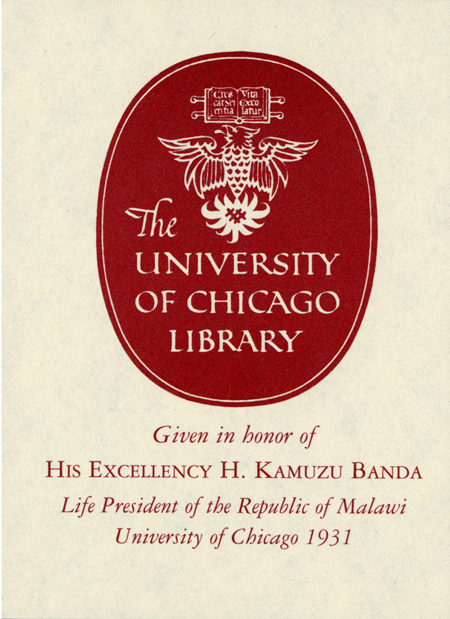| Summary: | "Since independence in 1963, Kenya has survived nearly five decades as a functioning nation-state, with regular elections, its borders intact and without experiencing war or military rule. However, Kenya's independence has always been circumscribed by its failure to transcend its colonial past; its governments have failed to achieve adequate living conditions for most of its citizens; and its politics have been fraught with controversy - illustrated most recently by the post-election protests and violence in 2007. The decisions of the early years of independence, and the acts of its leaders in the decades since - from Jomo Kenyatta, Tom Mboya and Oginga Odinga to Daniel arap Moi and Mwai Kibaki - have changed the country's path in unpredictable ways, but key themes of conflicts remain: over land, tribalism - including the simmering Kikuyu-Luo rivalries - money, power, national autonomy and the distribution of resources. The political elite's endless struggle for access to state resources has damaged Kenya's economy and the political exploitation of ethnicity still threatens the country's stability. In this definitive new history, Charles Hornsby demonstrates how independent Kenya's politics have been dominated by a struggle to deliver security, impartiality, efficiency and growth, but how the legacies of the past have continued to undermine their achievement, making the long-term future of Kenya far from certain."--
|
|---|

